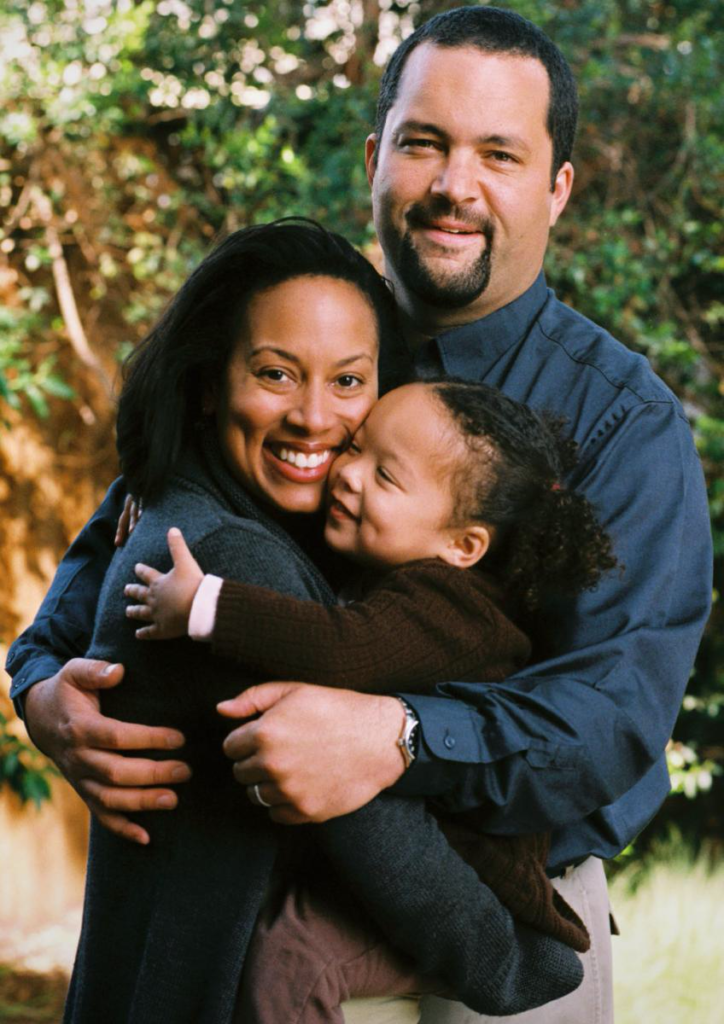
You can read more about what intersexuality is here, and about the causes of intersexuality here.
If your child is born intersex, here are some recommendations about what to do and how to approach their intersexuality:
Table of Contents
Communication

Intersex children and adults should be treated in an open, shame-free, supportive, and honest way. They should consistently be told the truth (this includes health care providers being honest about their uncertainty) and should be given copies of medical records as soon as they ask for them. It is their right to know and fully understand what is going on with their bodies. Allow them to ask questions and to talk about their bodies and their gender with you. Never shame them about their bodies or about any questions they might ask. It is important to keep the lines of communication open, as new issues or questions will most likely come up as your child grows up.
Assigning a Gender
Following diagnosis, intersex newborns should be given a “gender assignment” as boy or girl, depending on which of those genders the child is more likely to identify with as they grow up. You will want to talk to your doctor about this decision. They will be able to provide valuable information about the likely gender that the child will grow up to identify with. Note that gender assignment does not involve surgery; it involves assigning a label as boy or girl. Doing so can help your child feel more included and less separated from their peers. However, do not force them into a gender they do not identify with once they are a bit older. While your child is growing, it may become clear that this was the incorrect gender assignment. If this is the case, continue to support them and encourage them to express how they feel. They may need to make important life changes and they will need as much support from you as they can get. Do not blame yourself or the medical professionals for making an incorrect decision! Gender identity is very complex, and even with an educated decision, it is impossible to be certain of how the child will identify later in life. You should be prepared for the possibility of change. Make sure that you explain this concept to them when you feel they are old enough, and that they feel comfortable communicating with you about their gender identity.
Physical and Mental Health

The intersex child should be provided with access to trained psychologists and social workers, especially if they are in distress, and you do not feel equipped to answer all of your child’s questions and help them understand and work through their feelings. This goes for parents as well; if you feel distressed, do not hesitate to talk to doctors to better understand your child’s condition or to a psychologist for support.
However, parental distress should never be remedied by performing “normalizing” surgery on children. Parents will often become very concerned about the appearance of their child’s genitalia and want to or feel pressured to have surgery performed on their child to make their genitalia look distinctively female or male. It is normal to feel this way and to be concerned about the wellbeing of your child as they are growing up. However, this surgery is not beneficial to the physical health of the child, and should not be performed until the child is old enough to make educated decisions about their health. Furthermore, genital “normalizing” surgery does not create or cement a gender identity; it just takes away tissue that the person may want later. Surgeries that make the genitals look “more normal” should not be performed until children are mature enough to make this informed life-changing decision for themselves. Before the patient makes a decision, they should be introduced to patients who have had and have not had corrective surgery. This way, they will be able to make an informed decision and understand the benefits, disadvantages and social impact that this surgery will have on their lives.
If necessary, only medical procedures necessary to sustain the physical health of the child should be performed. Examples of these include endocrinological (hormonal) treatment, or surgery to rectify any harmful abnormalities.1 The health and wellbeing of the child must be put before the emotions of the parents.
Community
Try to reach out and connect yourself and your child with other intersex people. This helps validate your and your child’s feelings and experiences, and helps you understand what your child is going through and how to help them as much as possible. Talking to someone who truly understands what you are going through is very helpful and comforting. There are many communities of intersex people and families with intersex children that you can talk with online or meet with in person. Becoming a part of these communities can be very beneficial for you and your child. We encourage you to engage with other intersex people and educate yourself!

References:
- “What does ISNA recommend for children with intersex?” Intersex Society of North America. Web.
Last Updated: 24 November 2015.
